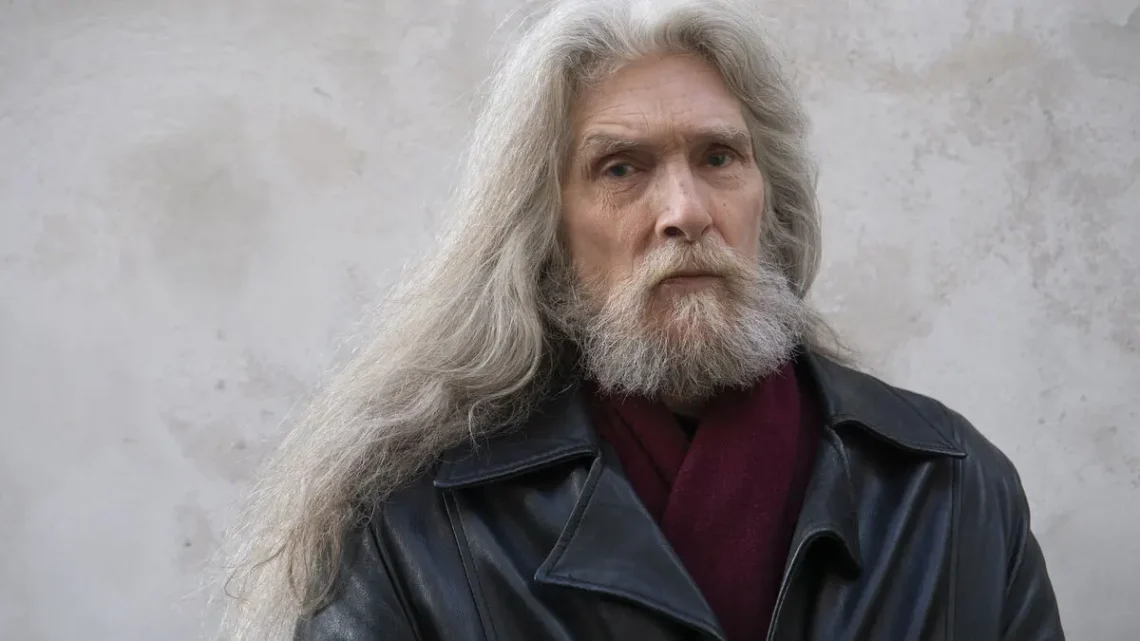Björn Andrésen, the Swedish actor who became an international icon after his haunting portrayal of Tadzio in Death in Venice (1971), has died at the age of 70. His passing was confirmed by Dagens Nyheter, citing filmmaker Kristian Petri, who co-directed the 2021 documentary The Most Beautiful Boy in the World.
“Right now, I’m thinking about all the fantastic moments with him,” Petri said in a statement. “He was a brave person.”
Born in Stockholm in 1955, Andrésen began his career modestly with a small role in Roy Andersson’s A Love Story before being chosen by Italian director Luchino Visconti for Death in Venice, based on Thomas Mann’s classic novella. The film’s success—and Andrésen’s ethereal appearance—made him a global sensation almost overnight.
However, that fame came with a painful cost. In a 2021 interview with Göteborgs-Posten, Andrésen reflected on the trauma of being objectified as a teenager:
“Visconti behaved like a robber capitalist who did not hesitate to use a teenager to sell his film. If I, in today’s situation, had seen someone else being treated as I was treated then, I would have done something about it,” he said.
The documentary The Most Beautiful Boy in the World, directed by Petri and Kristina Lindström, followed Andrésen for several years and shed light on how his youth was overshadowed by exploitation and the impossible beauty standards imposed on him. The film reignited public discussion about the ethical responsibilities of filmmakers, especially regarding child actors.
Despite the early challenges, Andrésen built a resilient career spanning decades. He trained at Stockholm’s Theatre School, played keyboard in the dance band Sven-Erics, and appeared in several Swedish films and television series. International audiences rediscovered him in 2019 through Ari Aster’s Midsommar, where he portrayed one of the cult elders—a haunting echo of his cinematic past.
To many, Björn Andrésen remained a symbol of beauty’s fragility and fame’s burden. His story—both tragic and courageous—continues to resonate in today’s conversations about mental health, consent, and the cost of art.
Björn Andrésen is survived by his family and a legacy that continues to inspire empathy, reflection, and change in the film industry.






